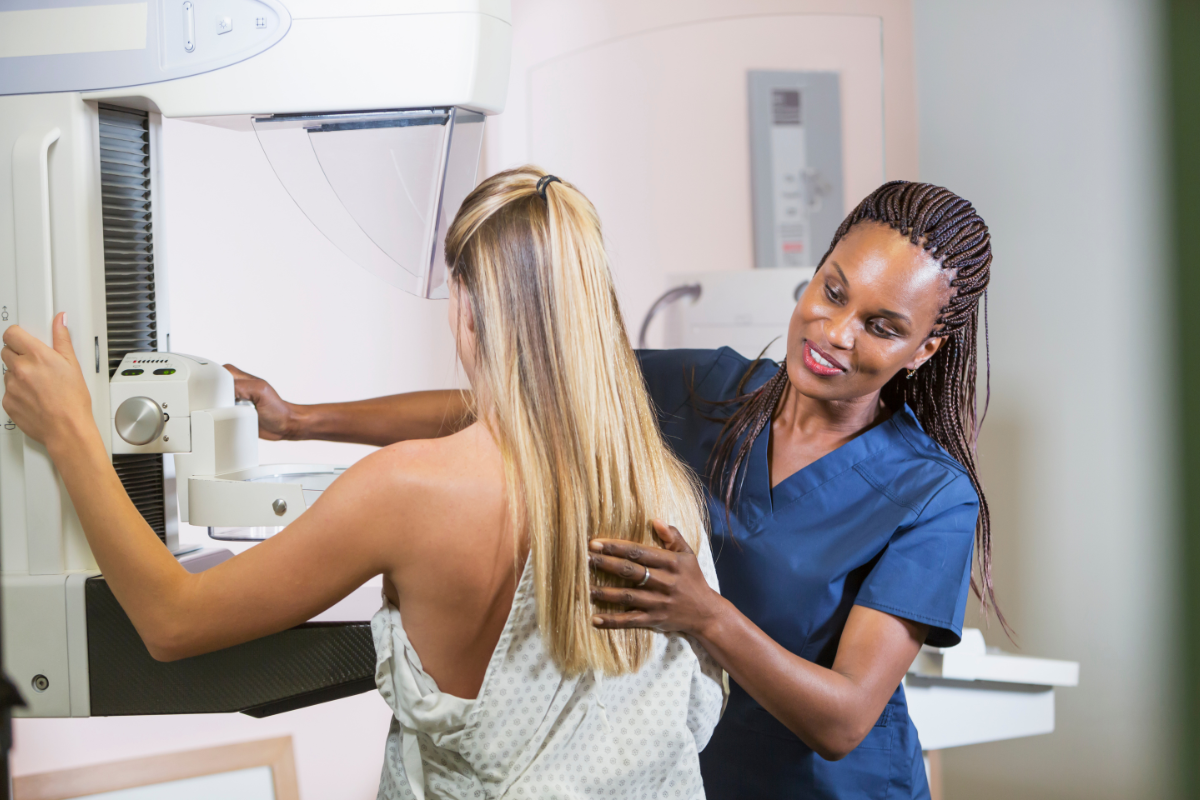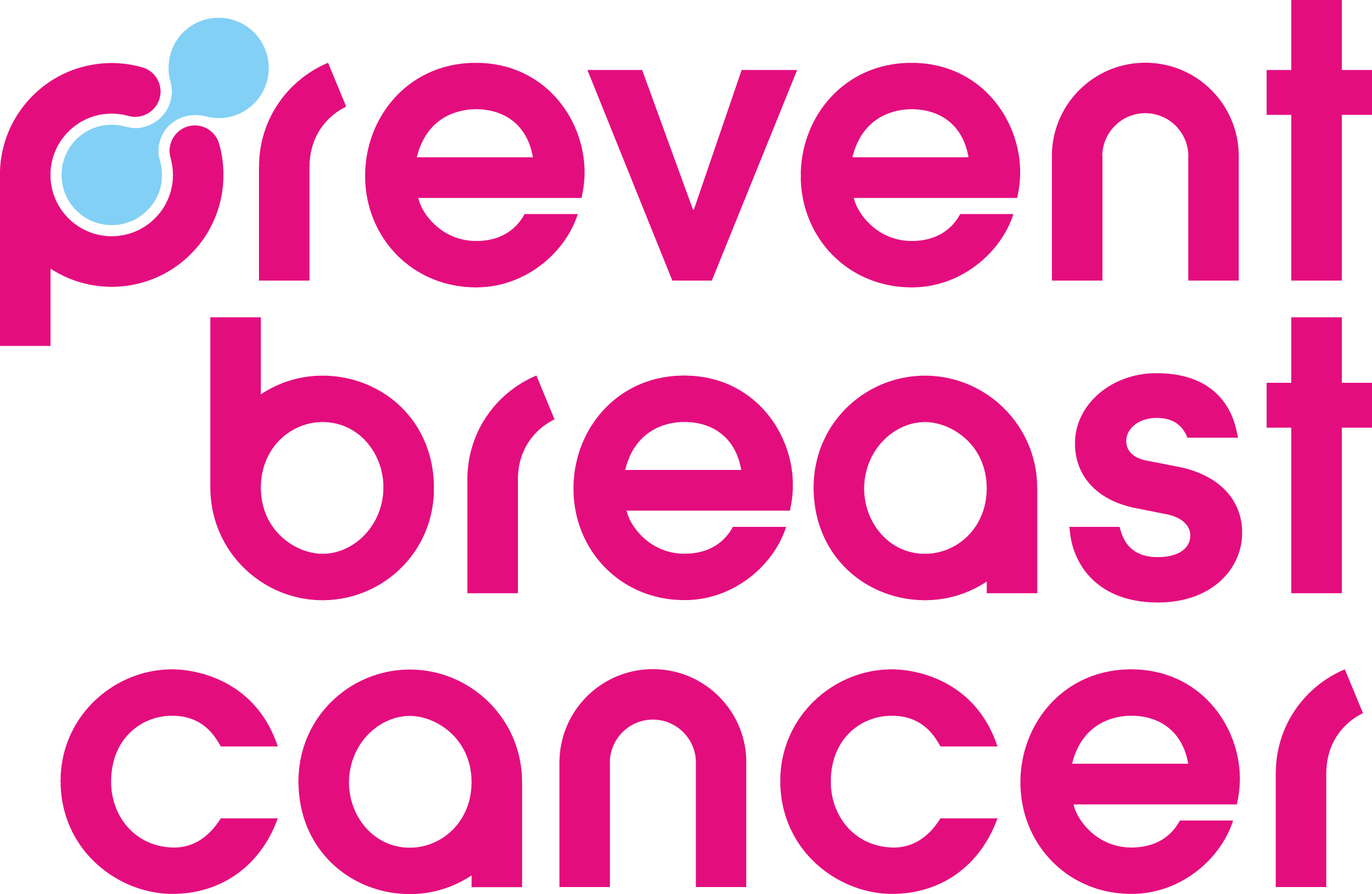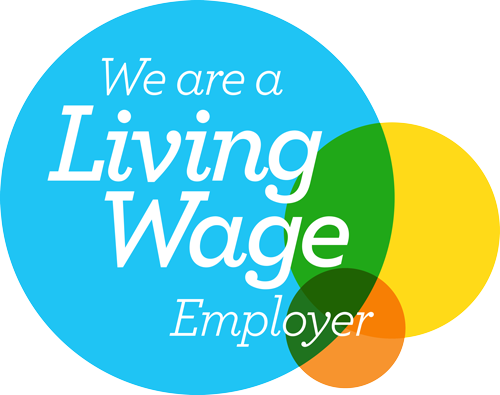Two members of our research team, Professor Gareth Evans and Doctor Sacha Howell, have been involved in investigating ways to improve the NHS breast screening programme by looking into the potential impact of an adapted screening programme, which takes into account a woman’s level of risk of developing breast cancer in her lifetime.
Our co-founder and Honorary President, Lester Barr MBE, has kindly summarised their research published earlier on this year regarding their findings.
Every year in the UK around 3.45 million women are invited to have an NHS screening mammogram. However, the NHS screening programme is a “one size fits all” system where every woman has a mammogram every three years between the ages of 50 and 70, regardless of their level of risk and family history background.
Over the last decade, we have discovered that some women carry a much higher risk of developing breast cancer compared to others, even if they are not carrying a high-risk gene. The level of risk is calculated by assessing a woman’s family history, lifestyle, mammographic breast density and an analysis of small gene fragments called SNPs. It would therefore make sense to place more emphasis on screening women who are at high risk compared to those at low risk.
This study examines what the potential impact of a risk-adapted screening approach might be.
The risk assessment tool that we use, when applied to 3.45 million women, identifies approximately 250,000 women at high risk and 750,000 women at low risk, leaving 2.45 million women in the average risk category. What would happen if we offered extra screening to those high-risk women?
One way of offering extra screening would be to start at a younger age. If the high-risk women were offered annual mammograms between the ages of 45 and 50, the study calculates that the number of advanced (node-positive) cancers would be reduced by 1,392 cases. However, this would involve undertaking 1.2 million extra mammograms.
With the current financial climate and radiology workforce shortage, the additional mammograms might have to be funded by reducing the screening of low-risk women. For example, if low risk women instead only started screening at 55 years of age, this would save 1.5 million mammogram appointments which could be given to the higher risk women. However, this would potentially result in an extra 840 advanced cancer cases in the low-risk group when compared with the usual screening programme protocol. So, although this is potentially saving lives overall, it could also cause harm to some low-risk women.
The ideal solution to this funding conundrum is a question being addressed by ongoing work from our research group.
Prevent Breast Cancer funds high quality breast cancer research into the prediction and prevention of the disease.
Find out more about the type of research we fund and our past and present research projects.
If you’d like to donate to Prevent Breast Cancer, please consider a donation today.
About Prevent Breast Cancer
Prevent Breast Cancer is the only UK charity entirely dedicated to the prediction and prevention of breast cancer – we’re committed to freeing the world from the disease altogether. Unlike many cancer charities, we’re focused on preventing, rather than curing. Promoting early diagnosis, screening and lifestyle changes, we believe we can stop the problem before it starts. And being situated at the only breast cancer prevention centre in the UK, we’re right at the front-line in the fight against the disease. Join us today and help us create a future free from breast cancer. If you have any questions or concerns, email us today.




